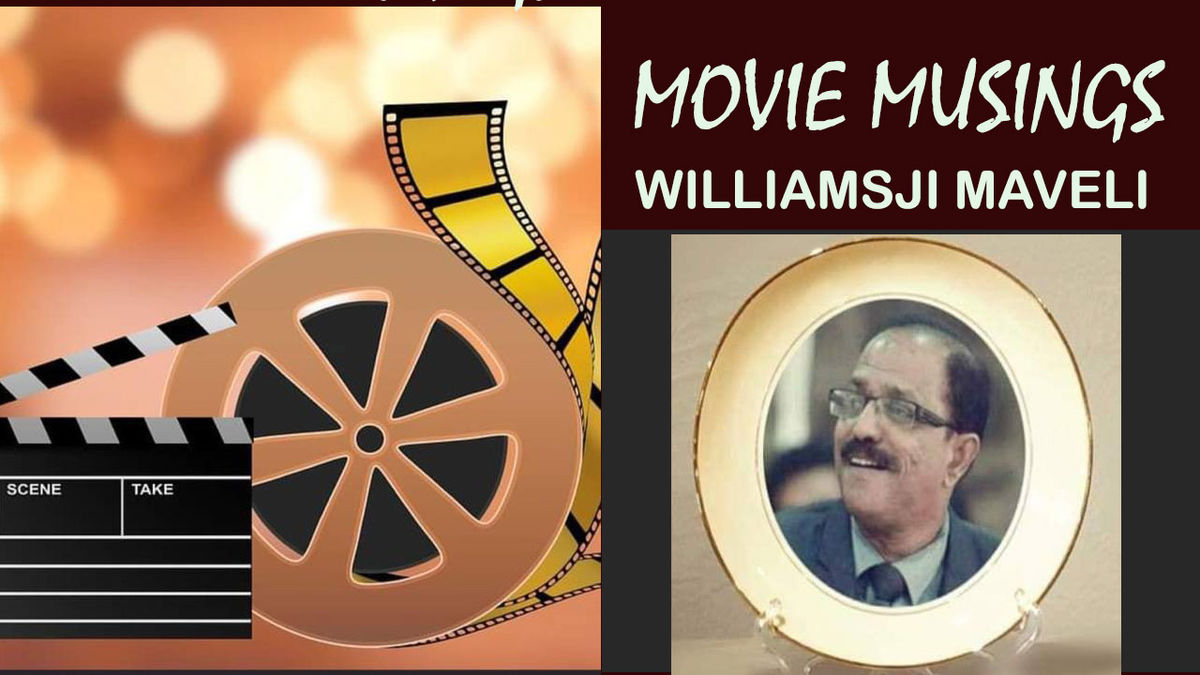AESTHETIC VALUES IN MALAYALAM FILMS

MOVIE MUSINGS: AESTHETHIC VALUES IN MALAYALAM FILMS
Late G. Aravindan was a famous artist from Kerala, known for his unique style. He started his career as a cartoonist for the Mathrubhoomi journal. He created a cartoon series called "Small Man and Big World," which followed the adventures of a character named Ramu. Ramu was a worker who faced various challenges. Aravindan also contributed to the Kala Kaumudi journal with a cartoon strip called "A Bird's Eye View." Aravindan was not only a cartoonist but also a filmmaker. His films were known for their unique style, with natural settings, long shots, and the use of dark shades of grey in black and white films. He was active in the film society movement in Kottayam and Calicut.
His early work was influenced by the modernist movement in Calicut, with inspiration from artists like Devan, playwright Thikkodiyan, and writer Pattathiruvila Karunakaran. The film "Uttarayanam" was one of his notable works, inspired by literary works and satirical writings. The story followed Ravi, a young man in search of a job, and his encounters along the way, reflecting the corruption in post-Independence society.
The characters of Ravi's father and his ailing friend Setu together create a composite portrait of Sanjayan, a multifaceted figure who was a political activist, spiritualist, and satirist. Sanjayan had a significant influence on the artists from Calicut who contributed to the film. Aravindan's approach to the film's characters and visual composition was influenced by his cartoon characters, Ramu and Guruji, from his "Small Man and Big World" series.
Spiritualism was a significant influence on Aravindan's artistic development, and he worked as a stage director in collaboration with playwright Srikantan Nair. They initiated theater groups like Navarangan and Sopanam, staging productions with musical elements inspired by Kavalam Narayana Panicker. Aravindan also occasionally worked as a music director for other filmmakers in films like "Yaro Oral," "Piravi," and "Ore Thooval Pakshikal." – WILLIAMSJI MAVELI


